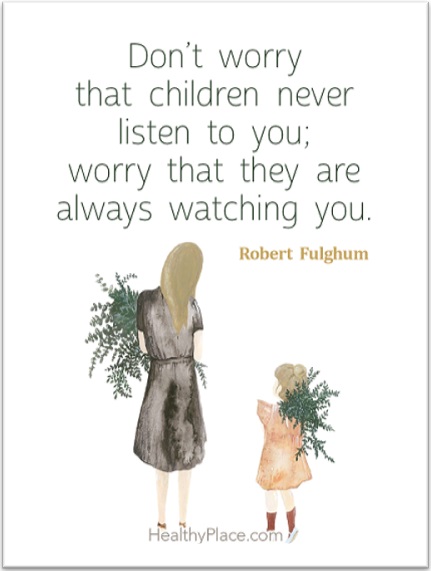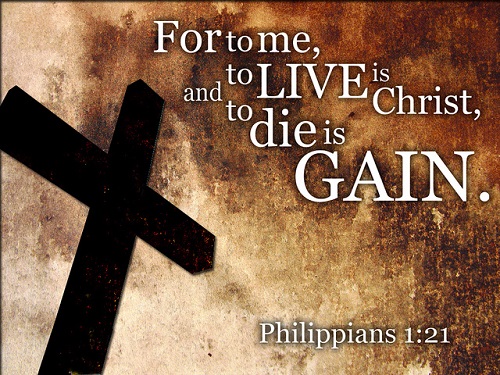“If you love those who love you, what credit is that to you? Even sinners love those who love them.” – Luke 6:32
One of my favorite Proverbs of all times is from The Book of Proverbs, chapter 22, verse 6, which urges us to “Train up a child in the way he should go: and when he is old, he will not depart from it.”
How wonderful would it be to know that the World is full of beautiful, respectful, mindful, humble, and positive individuals! How wonderful would it be to know that the World is full of individuals who are tolerant, empathetic, honest, and loving! Unfortunately it is not always the case. Because everyone is different and view life differently; everyone therefore has their own definition of happiness, of good and bad, and of right and wrong. This difference, in a way, is what makes the World beautiful and colorful.
After observing my surroundings and human interactions, I came to the realization that pretty much everything in existence is a test. My younger self used to think that God gave bad parents to good kids to punish them, but then I wondered why the bad kids got good parents? Like, what did those troublemakers do to deserve such a reward? As I matured, I realized that it’s a test from God. He tests our faith. Do we have patience? Can we handle it? Can we overcome it? Can we love and care for one another regardless of our differences?

What makes bad seeds?
Parents, most of the time, are the ones who create/plant bad seeds in their children.
- Good Parents. A lot of parents have done a great job raising their children, who in turn are raising their own children to be positive thinking and to see and sow beauty in the World. It takes less than a few seconds to identify individuals who were raised right as they exude grace and humility. These individuals were taught about equality, respect, love, acceptance, tolerance, forgiveness, humility, and so much more. Though ideal, a child doesn’t necessarily need to have two good parents to become a good human being, as long as one parent is good and is a positive influence in a child’s life, the latter can blossom.
- Bad/Neglectful Parents. Being a bad parent doesn’t mean that your child will automatically be a bad child, though it can happen. A lot a children who had neglectful parents turn out to be great assets in society. These are children who made a conscious decision to be better and soar once they left home. Other children grew up to mimic what they saw at home.
“You are of your father the devil, and you want to do the desires of your father. He was a murderer from the beginning, and does not stand in the truth because there is no truth in him. Whenever he tells a lie, he speaks from his own nature, because he is a liar and the father of lies.” – John 8:44 (NASB)
- Wicked/Destructive Parents. Wicked parents, too, can be graced with good children; though chances of such a miracle happening are very low. These parents were not necessarily born from bad parents. Some had good parents and others had bad parents; however, their offspring stem from satan’s seed. This category of people were evil from conception, born wicked with a spirit of destruction, and cannot stand in the truth because there is no truth in them. They are simply unrepentant and unredeemed humans, conscious of their own true nature. They speak of God and fiercely oppose him at the same time.

“Not everyone who says to me, ‘Lord, Lord,’ will enter the kingdom of heaven, but the one who does the will of my Father who is in heaven.” – Matthew 7:21 (ESV)
A category of people who call themselves Christians believe they have faith in Jesus Christ, yet do not believe in Jesus Christ. What’s the difference between having faith and believing?
According to TheGospelCoalition.org, “…to have faith in Jesus Christ is to acknowledge the truth of everything that God has revealed in his Word, trusting in him, and also receiving and resting on him alone for salvation as he is offered to us in the gospel. The BillyGraham.org on the other hand states that the word “believe” in the Bible means more than simply agreeing in our minds that something might be true. It means “trust”—that we believe so strongly in God that we are willing to commit our lives to Him and live the way we know He wants us to live.”
Having faith in Jesus Christ and believing in Him are two different things. One can acknowledge the Word of God and still refuse to live by those Words. The Bible tells us that to those individuals Jesus will declare, ‘I never knew you!’
Many shall be purified, and made white, and tried; but the wicked shall do wickedly: and none of the wicked shall understand; but the wise shall understand. – Daniel 12:10
While some people are born wicked, good parents too, especially those who have multiple children, can plant bad seeds in their children if they treat the latter differently and with contempt.
Always choose to Love.
















